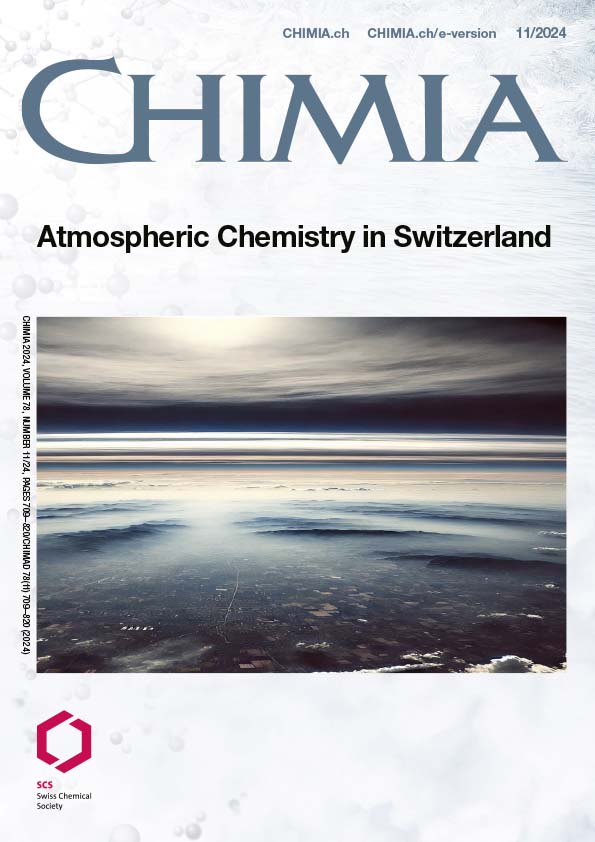Systematic Development of Peptide-Based Biostimulants from Whey Protein Hydrolysates
FH-HES (Universities of Applied Sciences)
DOI:
https://doi.org/10.2533/chimia.2024.788Keywords:
Biostimulation, Enzymatic hydrolysis, Hydrolysis degree, WheyAbstract
Due to global warming, agricultural production systems are exposed to increasing abiotic stresses, which threaten an economically and environmentally sustainable food production. Innovative environmentally friendly solutions are needed to cope with climate-related risks and to reduce the use of high amounts of synthetic agrochemicals. A promising solution to foster sustainable agriculture involves the use of biostimulants. This strategy, however, is not adopted by the industry to a great degree due to the scarce number of reproducible effects observed in published studies as well as the lack of fundamental knowledge about their mode of action. Biostimulants are substances that positively impact plant physiology by enhancing growth, improving fruit quality, and increasing stress resilience. Among these, protein hydrolysates stand out as a particularly promising category. However, their precise mechanisms of action and the optimal conditions for their application are still not fully understood. This project aims to develop peptide-based biostimulants in a reproducible manner, ensuring their availability for use in plant model systems under strictly controlled conditions. To achieve this, various protein hydrolysates will be produced through the enzymatic hydrolysis of whey, a by-product of cheese production. These hydrolysates will be employed in subsequent studies within plant model systems.
Funding data
-
Haute école Spécialisée de Suisse Occidentale
Grant numbers BiostimVine, AGP 114’957
Downloads
Published
Issue
Section
Categories
License
Copyright (c) 2024 Swiss Chemical Society

This work is licensed under a Creative Commons Attribution 4.0 International License.







